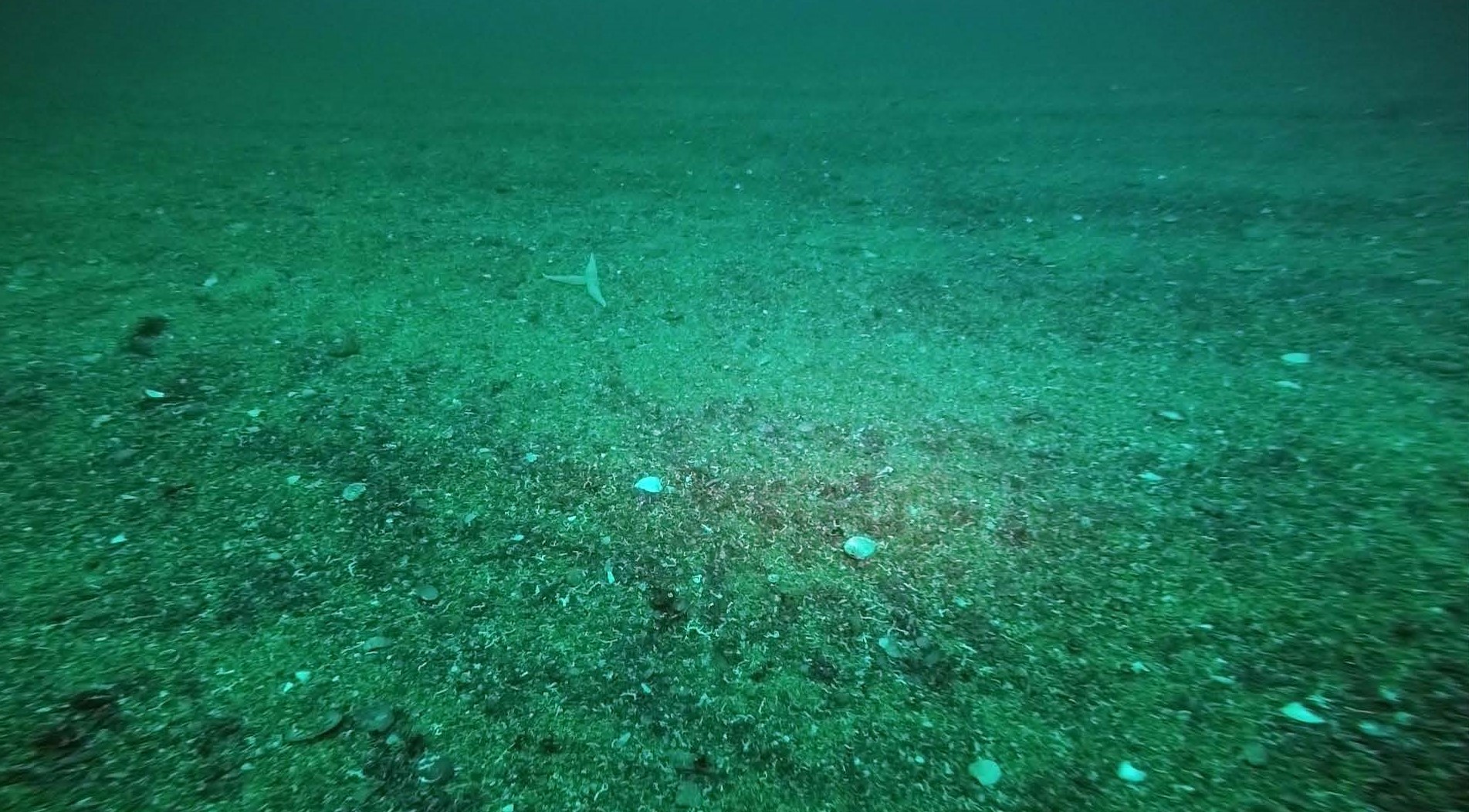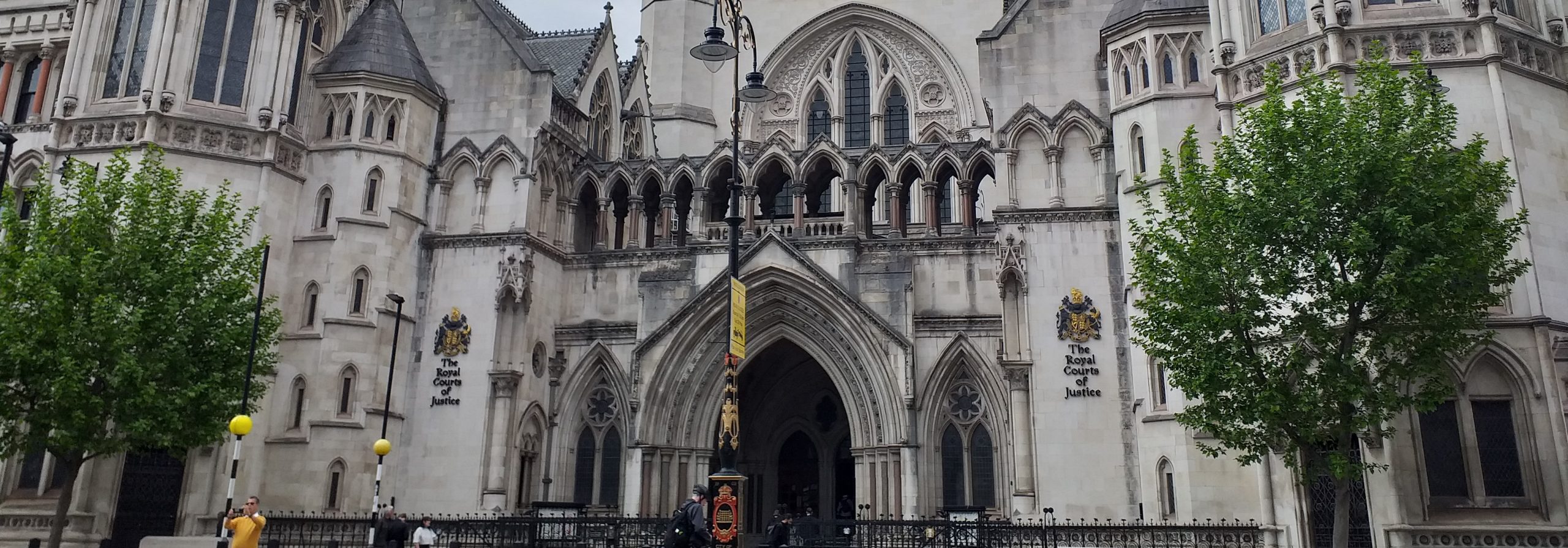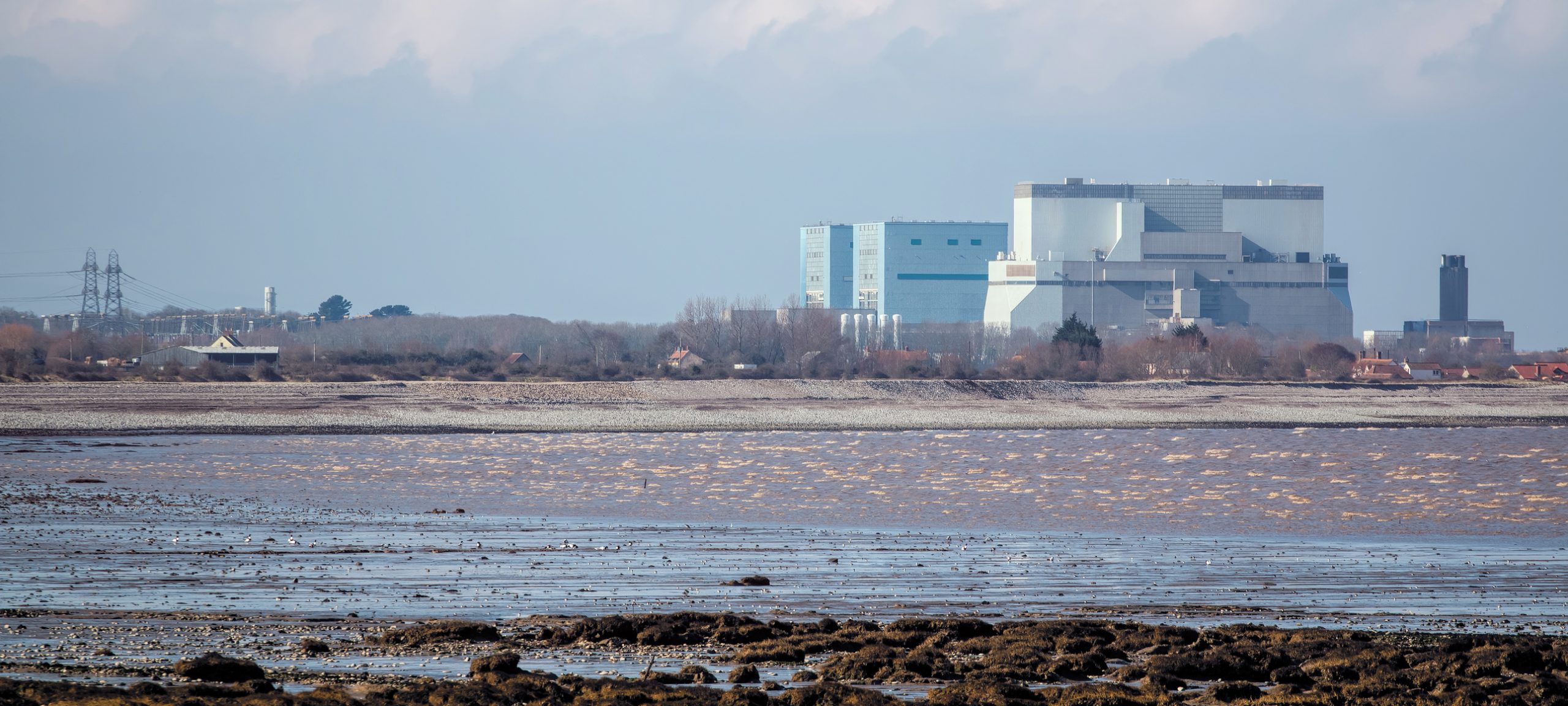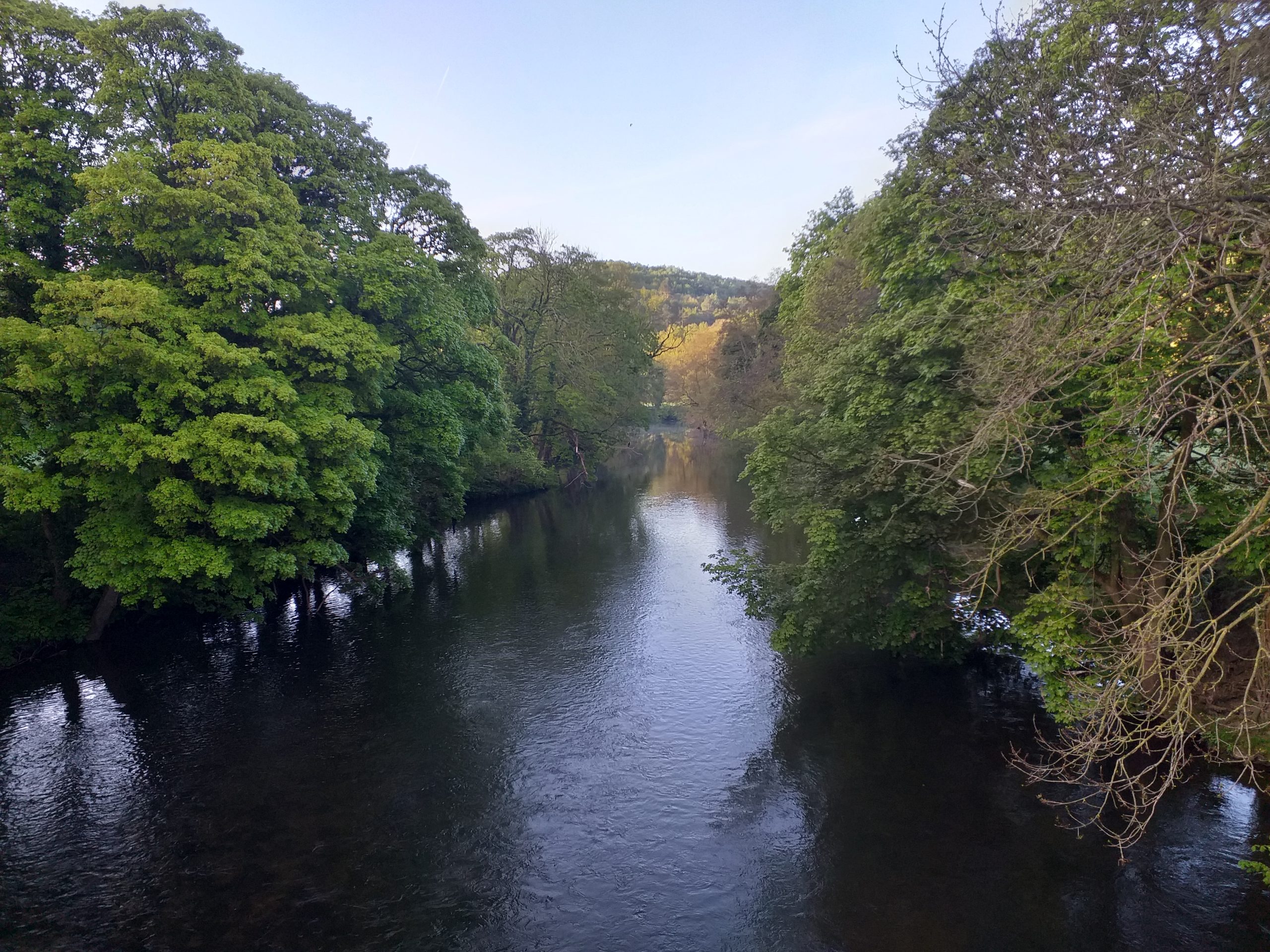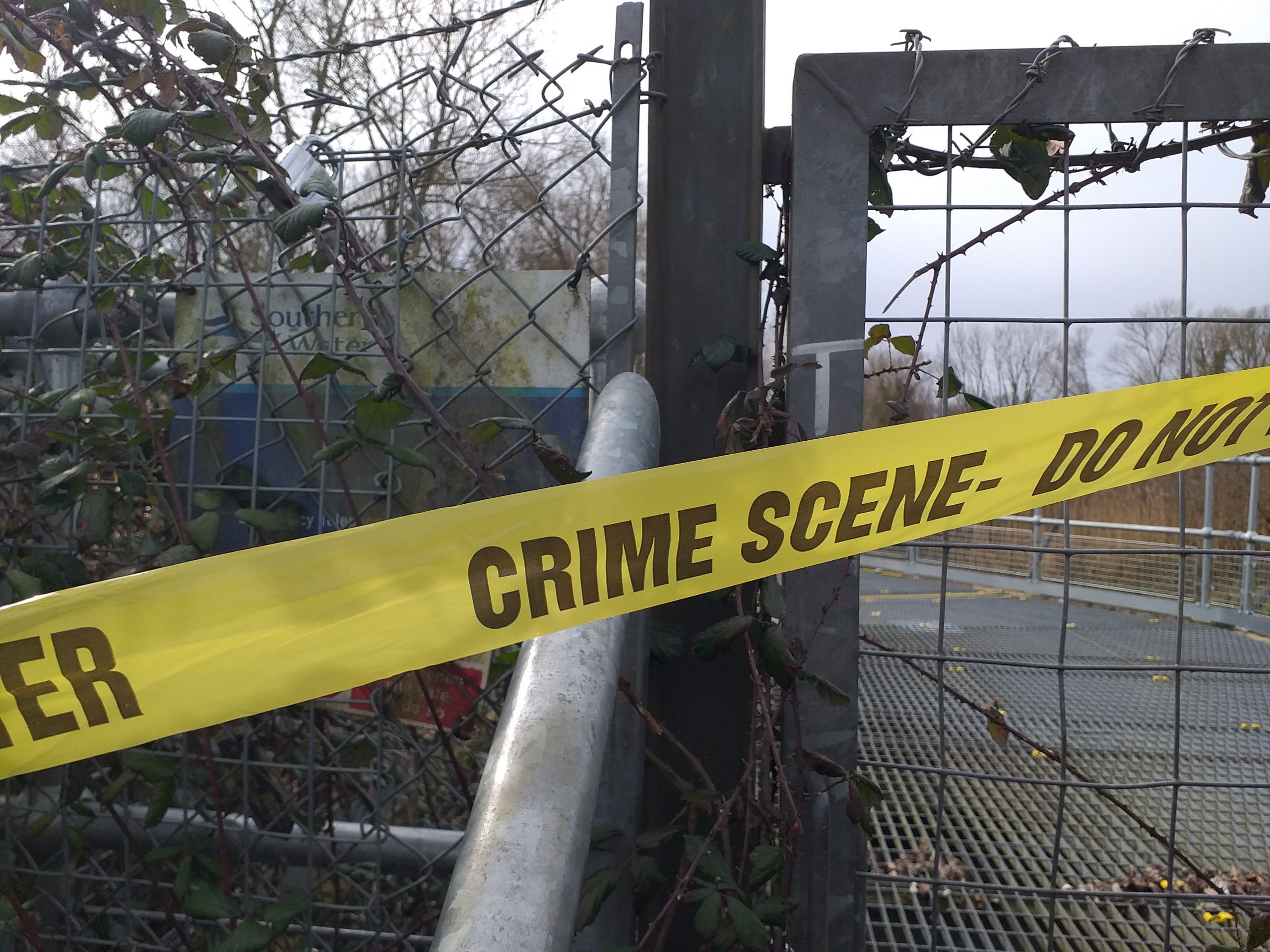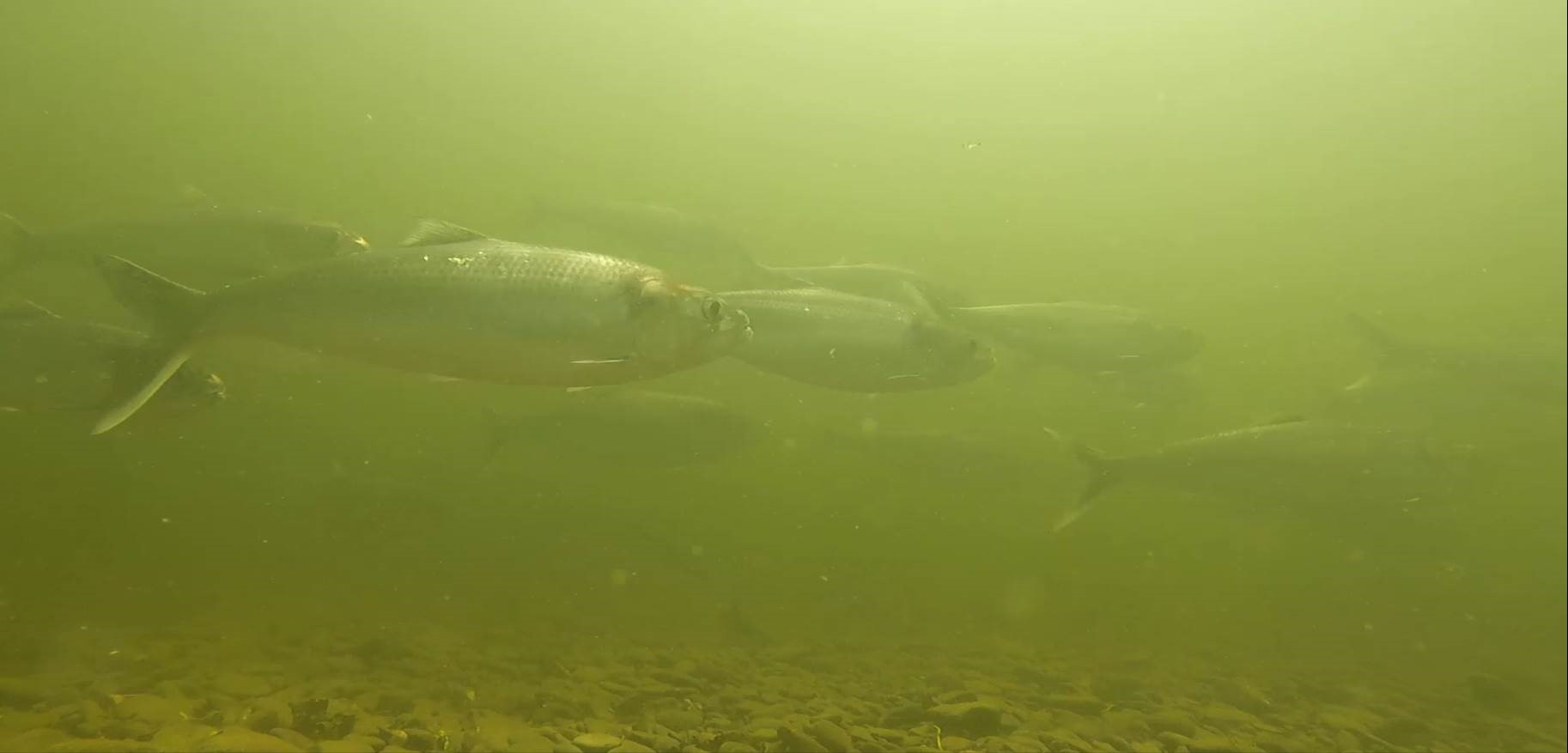News
Scottish Government briefing bias in favour of bottom trawling exposed
Evidence of bias by Marine Scotland against interest groups calling for the use of less environmentally damaging fishing gears has been uncovered by environmental information requests submitted by Fish Legal and the SCFF. Marine Scotland is the Scottish Government Directorate responsible for managing Scotland’s fisheries and providing specialist advice to ministers.
Following a call by the Cabinet Secretary for Rural Affairs and Islands for a review of measures to recover collapsed cod populations in the Firth of Clyde, Marine Scotland carried out a public consultation and then provided a Briefing Note to the Cabinet Secretary. The Briefing Note, uncovered as part of the information request, recommended that no restrictions be placed on the Firth of Clyde trawl fleet. It noted the large numbers of consultation responses from stakeholders calling for restrictions on bottom-trawling as a material cause of the collapse of Clyde cod but dismissed them on the basis that they appeared to be ‘anti-commercial fishing’. The consultation responses included advice from senior academic scientists indicating that the Firth of Clyde trawl fleet may be a significant factor in the collapse of Firth of Clyde cod populations.
Fish Legal is part of the Ours Seas Coalition, which represents over 130 organisations concerned with the health and management of Scotland’s inshore. Fish Legal has assisted Our Seas in raising the issue of bias directly with the Scottish Ministers, who have since acknowledged that the process around the closure of the Firth of Clyde cod fishery “has been far from ideal and at times had fallen short of our principles”.
Robert Younger, Solicitor in Scotland for Fish Legal, said:
“It is extraordinary that Marine Scotland does not appear to recognise the connection between the health of the marine environment and productivity of its fisheries. Those who call for restrictions on the use of damaging fishing gears do so largely because they wish to create the basis for recovery of commercial fishing not because they are anti-fishing and Marine Scotland needs to recognise this”.
He added “The science clearly shows that the inshore Nephrops trawl fleet has caused immense damage to the ecology of our inshore including contributing to the collapse and now suppression of white fish populations. If we are to recover our inshore and fish populations then Marine Scotland will have to show that it does not only have ears for the trawl sector and can fairly represent all marine stakeholders”.
Alistair Philp Co-ordinator of the Scottish Creel Fisherman’s Federation, said:
“Time and time again Marine Scotland appear to prioritise freedom to trawl above protecting the productivity, diversity and resilience of marine ecosystem. The real sadness is that the carte blanche that Marine Scotland gives to the use of damaging fishing gears not only undermines other marine stakeholders such as creel fishermen but it is also the cause of ongoing decline in the trawl sector itself”
Ailsa McLellan, of the Our Seas Coalition, said:
“We expect senior Marine Scotland civil servants to provide disinterested advice. This means advice that clearly sets out the correct policy objectives and the options available to the Cabinet Secretary to allow her to make the most informed decisions to achieve that policy objective is a fair and transparent way. Currently the interests of low impact fishing and environmentalist are apparently being side-lined by Marine Scotland as ‘anti-commercial fishing’, but it’s an antiquated and false characterisation that is holding back both environmental recovery and the resilience of our fisheries for future generations”.
